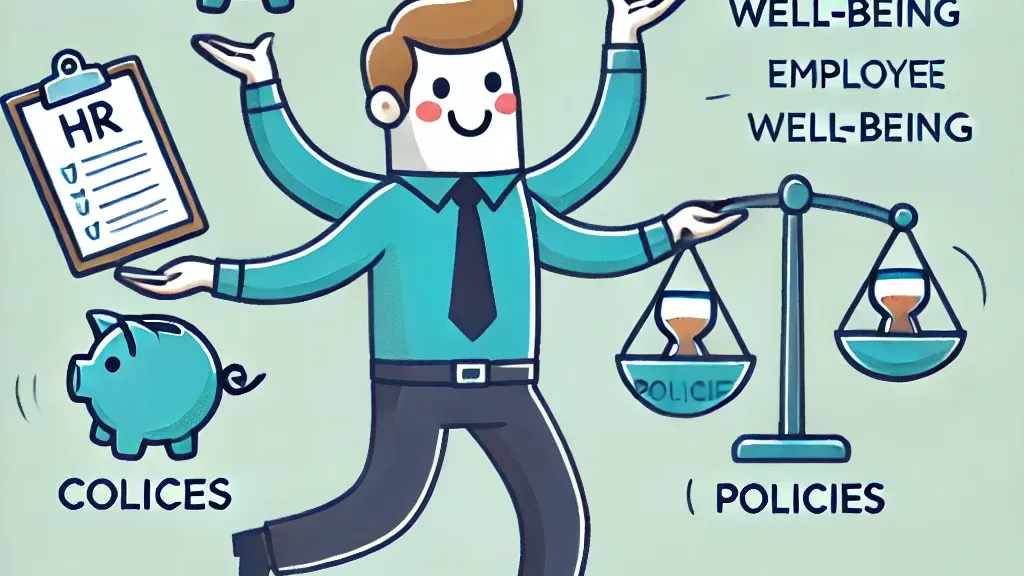HR leaders often find themselves the target of blame, especially when organizational culture turns sour. But what most people don’t know is that when the culture takes a hit, we walk around with the nagging feeling that we’ve somehow failed. Building a positive culture is a core part of our role, and when our efforts don’t bear fruit, it’s hard not to feel that we’ve let everyone down.
I worked in one such organization for several years. There, one of the unspoken “dismissible” offenses was gaining weight. The CEO had a unique philosophy: even if he paid you well, he believed your life needed to display a certain level of suffering. He’d openly express that he wanted employees who had experienced hardships in life, people who were just there to earn a paycheck quietly and wouldn’t come with “unnecessary” demands. In his mind, these were the people who aligned best with our “culture” – a culture he never actually defined.
There was one senior manager who always found humor in the absurdity of it all. He’d often swing by my office and joke, “Wairimu, the project officer has gained a little weight – I might need to pay for his gym membership before anyone asks me to investigate him!”
Another offense, believe it or not, was living a visibly “good” life, like owning a car. I remember organizing transportation for a retreat once, and we offered fuel reimbursement to those willing to drive. But getting volunteers was harder than I expected. Eventually, I started asking around, “Isn’t there anyone else who could drive?” To my surprise, several staff members admitted they had one or two cars at home but had been hiding this fact for years. They were too afraid of appearing “privileged” at work. Instead, they would put on a face of hardship during salary negotiations, citing rent, school fees, and other struggles to garner sympathy rather than simply stating they deserved a raise based on merit.
As the HR lead, I constantly found myself caught in a tug-of-war with both management and the staff. I worked tirelessly to introduce flexible working hours, medical coverage, personal development plans, training opportunities, new-mom policies, and improved disciplinary procedures. I negotiated for better pay on behalf of the staff. And yet, the CEO would accuse me of siding with employees, while the staff insisted I was just management’s puppet. I often felt like I was navigating a world of my own, with no one truly on my side.
In HR, we’re responsible for handling disciplinary meetings and delivering that final, often tough verdict. There were times I had to choose between the organization’s best interest and the staff’s, and, as expected, the organization won. HR often stands in that uncomfortable gap, where tough decisions have to be made, and, yes, it is the organization that usually comes out on top.
There’s a silent expectation that HR professionals remain unbreakable, that we never let our frustrations show. And I played that part, but countless times, I wished there was another senior HR professional I could reach out to, just to get some advice or a listening ear. I wanted to do more, to change things, and I felt the weight of that responsibility every day. That’s why I eventually reached out to People Wellness.
So why am I sharing this? I want to encourage HR professionals out there who feel blamed for things beyond their control. I’ve been in your shoes. I understand the weight you carry walking through the corridors, bearing responsibility for policies that remain unchanged, even as you continue fighting for progress. Big hugs to you. And to those HR leaders who may have lost sight of their role as employee advocates, I urge you – HR is a calling. Stand up for your people.
If you have an interesting HR management story, or you would like to sign up for our HR coaching course, or need help with training your management team, or HR outsourcing, reach out to us.

